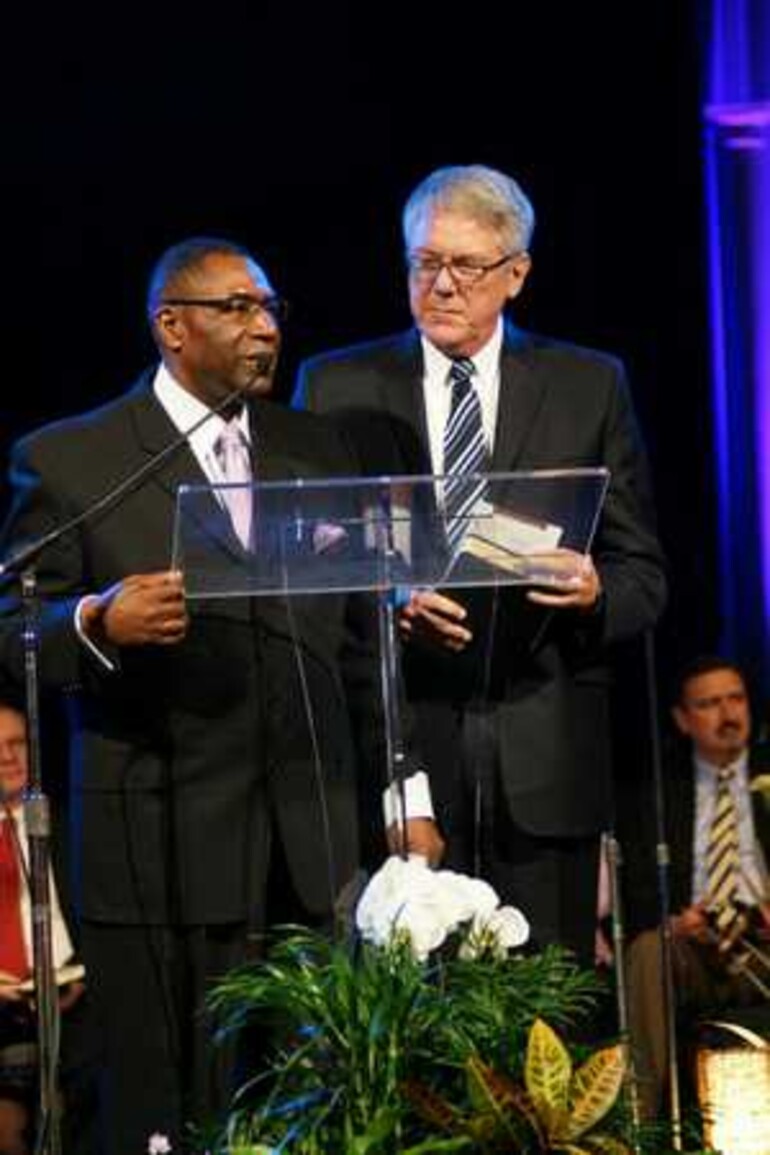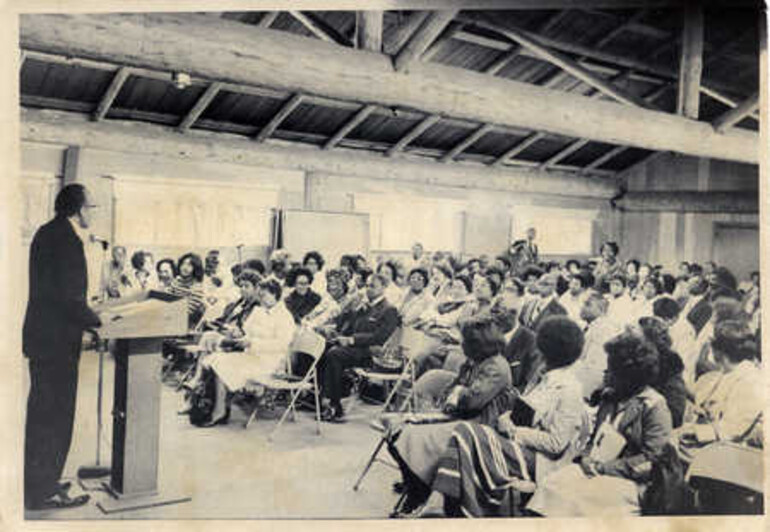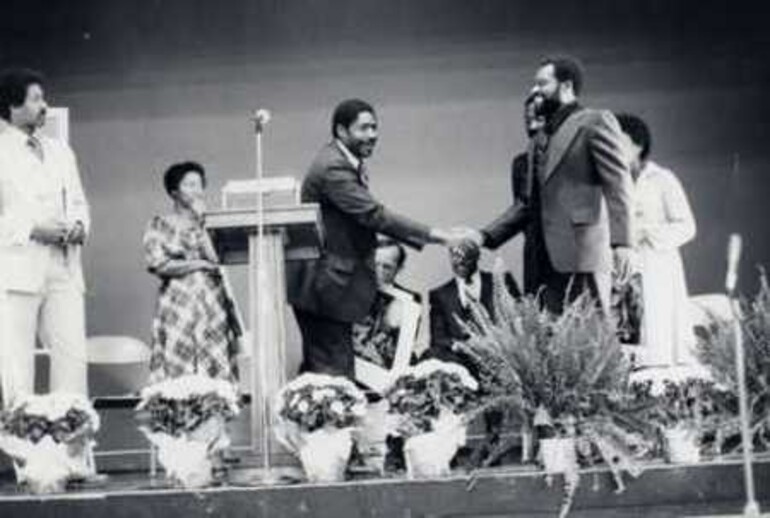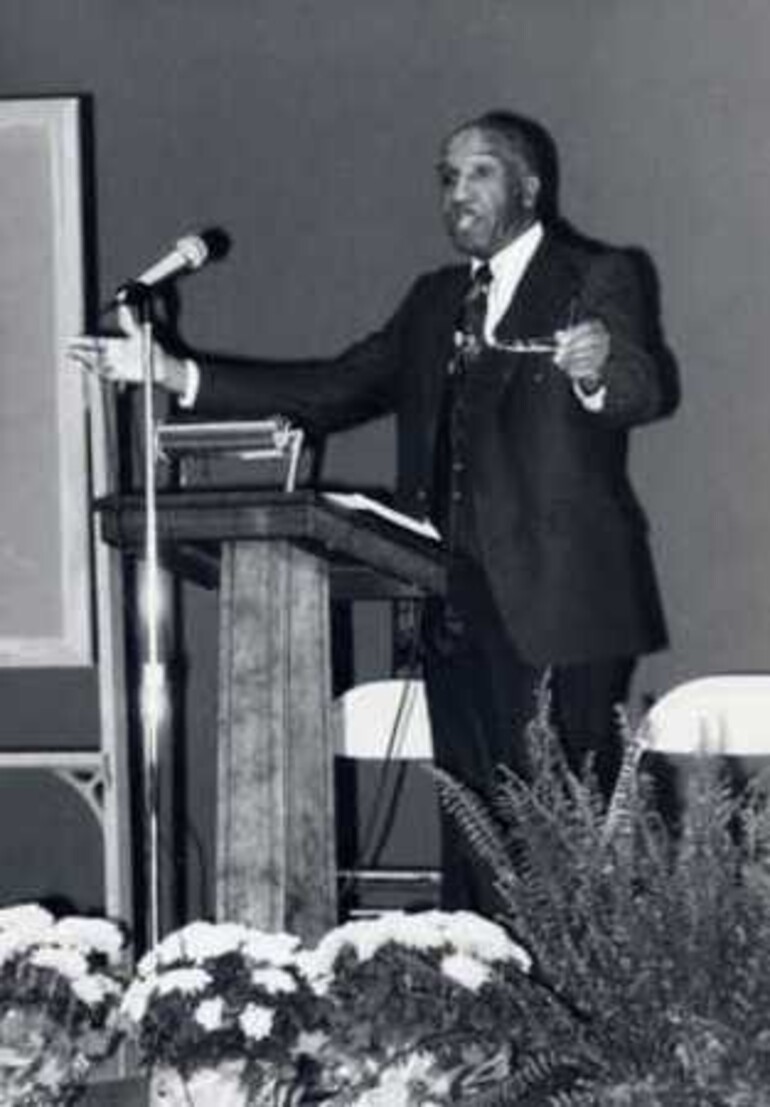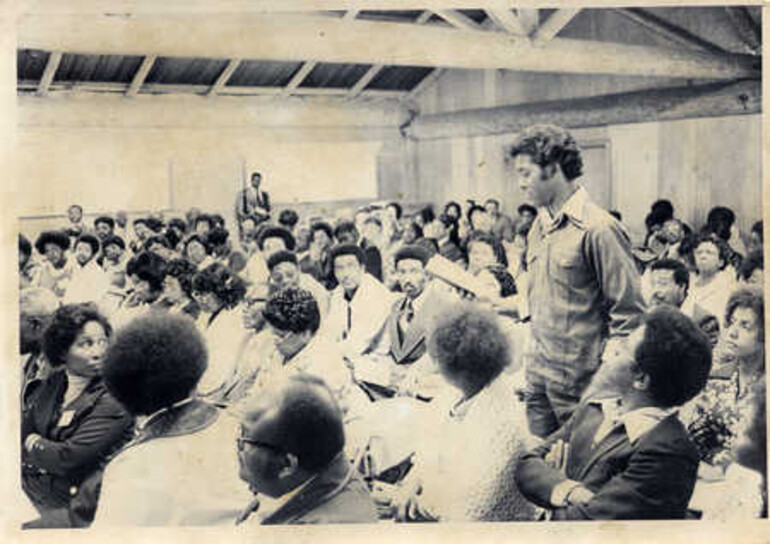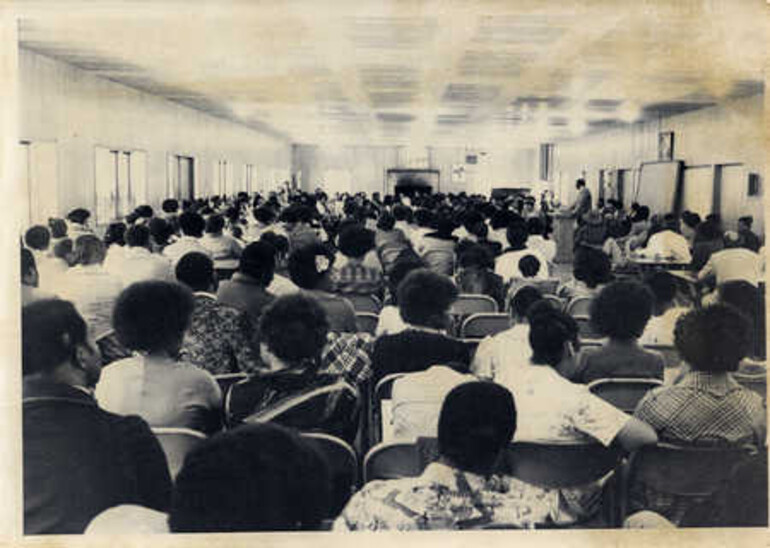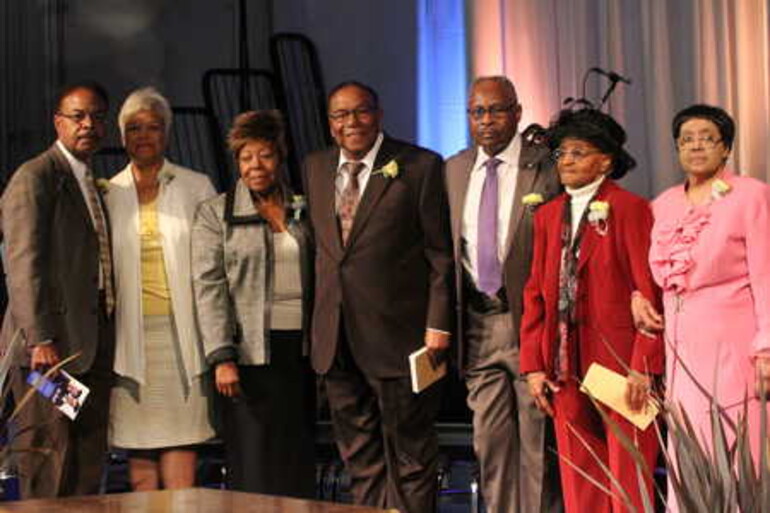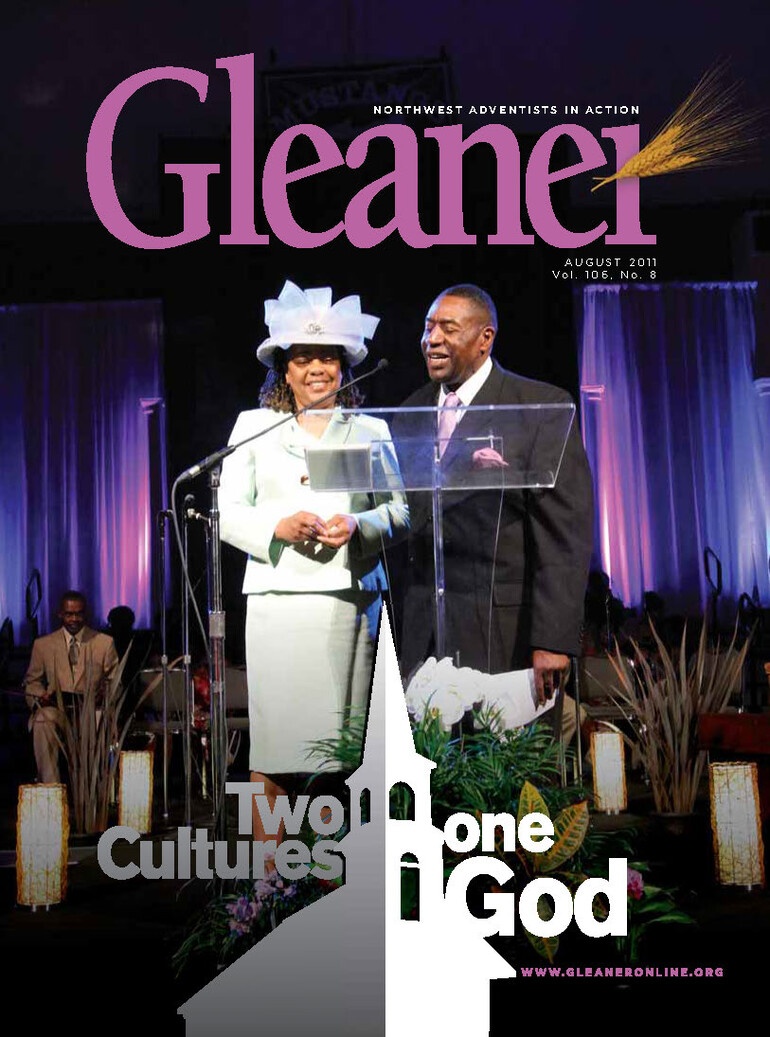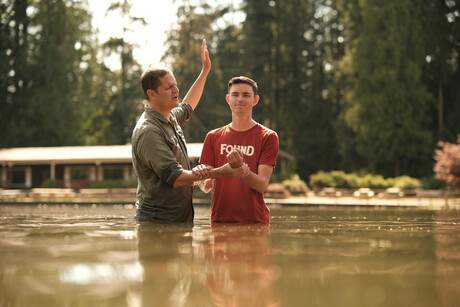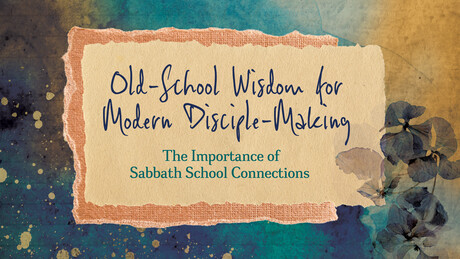Editor's Note:
The fact that organizations are born doesn't mean they are born healthy. Much like the physical body's health, church health is obtained, maintained, learned, developed and relearned.
It would be beautiful narrative to say the Adventist Church provided oasis in an otherwise hard society. And it would be "smoother" to say our denomination demonstrated equality beyond its time. Alas, since biblical counsel demands truth and journalistic ethics don't support revisionist history, the account (much like growth) is instead difficult.
But if the account stands for anything, it demonstrates Adventist Christians over time were teachable. It shows one culture learned extensions of moving forward, granting forgiveness and seeing situations afresh as newer generations arrive not wearing "race" lenses.
It shows the other culture learned the beauty of diversity, allowance for doing things other ways and how to insert courage in place of history.
But more important, it shows there is but ONE vision, ONE God and ONE family.
This year marked the 35th anniversary of the Adventist African-American's Annual Regional Convocation and camp meeting from May 12–15 at Camp Berachah, near Auburn, Washington. In celebration of the 2011 gathering, tribute was paid to six individuals who were key to the formation of the Northwest Regional Conference and the promotion of church equality. The Concerned Committee, a band of laypersons, received awards for their leadership over three-and-a-half decades ago.
A Rocky Start
During the 1960s, Jim Crow laws still existed in America. Civil unrest was felt everywhere. Additionally, Adventist churches, schools, hospitals, institutions and even the General Conference operated by segregation and/or with strict racial quotas. In 1962, a rather dramatic GC Session unfolded, calling national media attention.
In the mid '70s, a black Northwest teacher was fired without explanation. Six individuals: Juanita Barnes; Mattie and Nathanial Crosby; Lucien Loiseau; Carl Parker; and Alfonso Small, talked with the principal and various conference officials. It became clear the termination was not open for redress, and these laypersons soon fell into place as the Concerned Committee turned to the General Conference for answers. "There were questions about minority representation within the Adventist school system and overall representation within the whole organization," says Nathaniel Crosby, an original member.
A Turning Point
The situation escalated division-wide, and the General Conference sent two representatives to the committee to hear concerns. Regional black conferences had been erected; however Regional unions had not. Some felt that creating separate unions might perpetuate segregation. Others felt this layer of leadership was needed. Administrators were listening. An equal, if not creative, solution was the creation of the GC position of Regional Affairs director, a leader who would answer directly to the Union president and provide representation for black constituents. Edward White, pastor and natural leader, stepped into the role.
The Regional Affairs director also helped black churches organize evangelistic meetings for growth while helping to provide congregations with cultural-familiar worship.
A key event to connecting these minority churches has been the annual Regional Convocation, similar to camp meeting. Originally these were held at the campground in Gladstone, Oregon, but later they were moved to other Northwest locations. Regional Convocation is now held at Camp Berachah.
United Celebrations
Convocations have become a central force behind the group's growth and unity through the years. Convocations are open to all cultures and feature speakers from around the world. They also serve as training grounds for black leaders and their local churches.
Pedrito Maynard-Reid, Walla Walla University assistant to the president for diversity, professor of Biblical studies and missiology, remembers when he first realized there was a yearly meeting in which he could revive with the energy of holistic worship. "It's a wonderful time to be engaged with God's people and to feel His spirit actually moving not just internally but you see it externally," he says. Maynard-Reid teaches Sabbath School lessons and brings university students to convocation. "Our church is largely diverse and ethnic," he says. "I think it would be helpful for those who have never experienced that to at least come and see that God is working in other cultures and ways. It's good for the unity of the church."
Byron Dulan*, Washington Conference community services and personal ministries director, says, "These 35 years of yearly Convocations have been key in the development of the church and members look forward to them each year."
1977, 3 Churches
2011, 12 Churches
1977, 3 Pastors
2011, 13 Pastors
*We give special thanks to Byron Dulan, Washington Conference community services and personal ministries director for the historical material used in this feature.
1 2011 Regional Affairs Department facts used with permission.
2 Dulan, Byron. 35 Years of the Regional Convocation in the Northwest. Self Published, 2011. Print.
"If you don't know where you come from, you can't know who you are or where you're going!" — Byron Dulan



